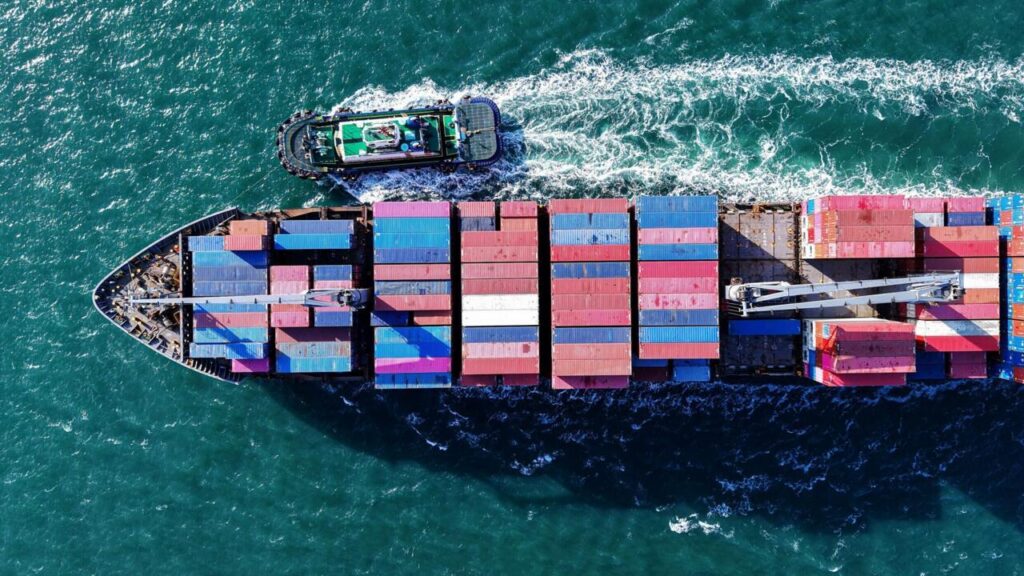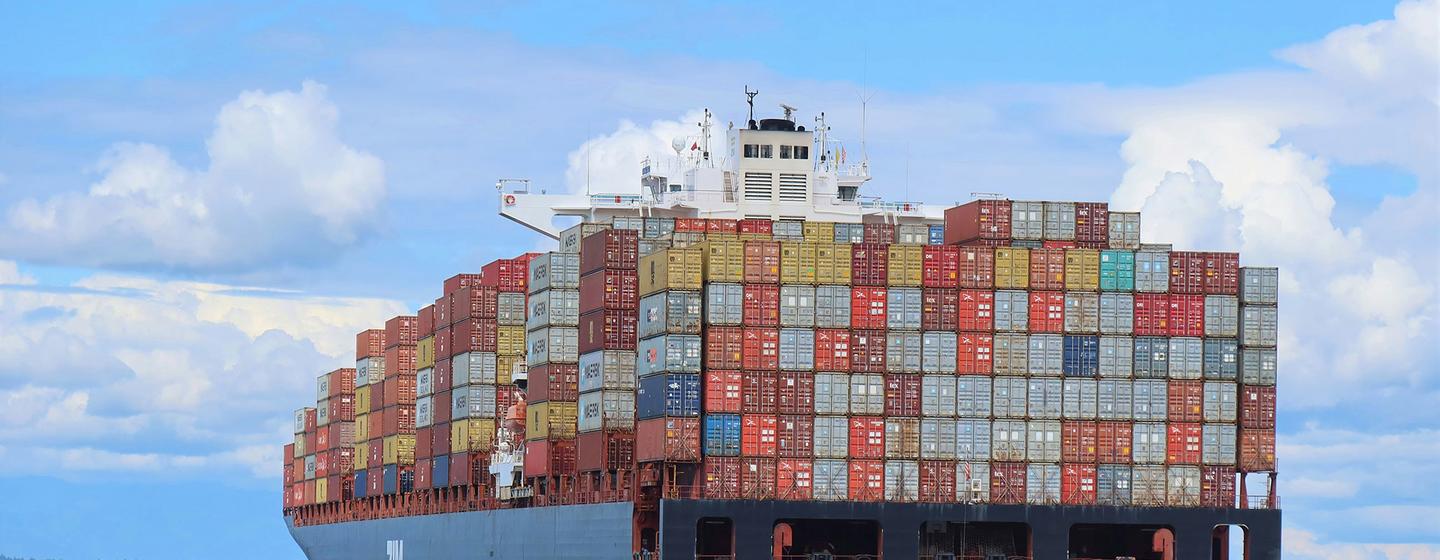When the historic Paris Agreement on climate change was finalized in December, one major industry was conspicuously absent: shipping. Many in the sector argued this was appropriate, believing the International Maritime Organization (IMO) should handle such matters. Last week marked the IMO’s first official opportunity to address the issue since Paris. The question is: Did shipping nations seize the moment with bold proposals that reflected the “spirit of Paris”?
To understand the significance, some context is needed. The inclusion of shipping in the Paris Agreement was a contentious issue, described by environmental groups as “the elephant in the room.” The 1997 Kyoto Protocol had mentioned shipping and delegated responsibility to the IMO, but with Kyoto expiring in 2020, new measures were needed. Unlike other industries, shipping—along with aviation—operates globally, meaning emissions aren’t accounted for in national targets. This unique status sparked heated debates about its place in the Paris Agreement. The discussions were turbulent: shipping appeared in early drafts, was removed in October, reinstated later that month, and then, in a dramatic twist, dropped from the final text just days before COP21 concluded. Some shipping companies and associations expressed disappointment, urging the industry to adopt the Paris spirit at the IMO level.
Last week, the IMO’s Marine Environment Protection Committee (MEPC) held its 69th meeting, the primary forum for addressing shipping’s greenhouse gas emissions. Key topics included whether the industry should align with the Paris Agreement’s “well below two degrees” target. The IMO celebrated the approval of a mandatory CO2 monitoring system for ships—a step forward, but hardly revolutionary. While this system could pave the way for market-based measures like a bunker levy, it fell short of expectations. Discussions about an emissions target aligned with Paris yielded no concrete results, merely a plan to revisit the issue in October. The momentum from Paris seemed lost on the shipping representatives in London.
Who bears responsibility? Not the IMO itself—its new secretary-general, Kitack Lim, has openly supported emissions targets, a shift from his trade-focused predecessor. The shipping industry also escapes blame; the International Chamber of Shipping (ICS) proposed a plan that could have functioned as an emissions target. The real culprits are the nations that failed to uphold their leaders’ Paris pledges.
But the issue runs deeper. Regulating shipping is inherently complex, entangled with broader societal and economic interests. The peer pressure that drove 195 countries to agree on climate action in Paris was absent at the IMO meeting, where discussions occurred among industry insiders. Rumors suggest that some shipping groups, despite publicly lamenting their exclusion from the Paris text, may have lobbied for it behind the scenes. Given last week’s outcome, such tactics wouldn’t be surprising.
Shipping is a global industry requiring global solutions—a common refrain. Yet, the lack of progress may push regions like the EU to act unilaterally, imposing measures such as carbon taxes or bunker levies. Last week’s MEPC meeting, perhaps unintentionally, made this scenario more likely.


